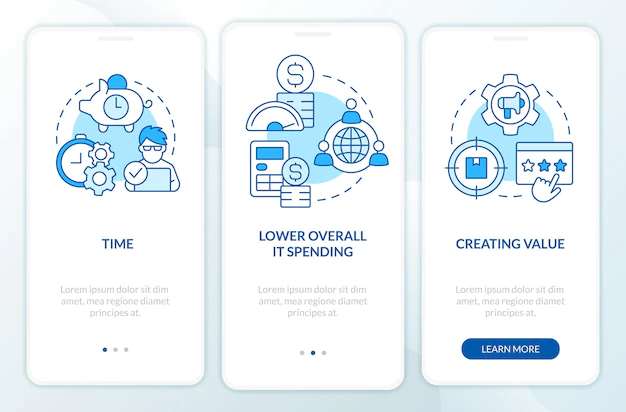Exploring the Benefits of Offshore Call Centers: Is It Worth It?
Offshore call centers have become an increasingly popular option for businesses looking to reduce overhead costs and improve customer service. While there are numerous potential benefits to outsourcing a call center, it’s important to consider the pros and cons before making a decision. By exploring the advantages and drawbacks of offshore call centers, businesses can make an informed decision about whether the benefits outweigh the risks. This article will examine both the potential advantages and disadvantages of offshore call centers, including cost savings, improved customer service, and potential drawbacks such as language barriers and cultural differences. With this information, companies can decide if the costs and risks associated with offshore call centers are worth it.
What are offshore call centers?
Offshore call centers are a type of BPO, or business process outsourcing, in which a company outsources certain business operations to a call center outside their country. Most call centers are located in India and the Philippines, but outsourcing companies are also expanding into other regions. Many businesses previously outsourced call center operations to take advantage of cheaper labor. But as the industry has grown and developed, it has become possible to outsource call centers to regions with skilled workers who charge more than those in India. Businesses may choose to outsource call center operations to regions outside of the country for a variety of reasons, such as to improve customer service and reduce costs.
Advantages of offshore call centers
There are many potential advantages to outsourcing a call center to an offshore location. Some of the most common benefits include cost savings, improved customer service, and access to a larger talent pool. Call centers in The Philippines, for example, are often much cheaper than call centers in other parts of the world. This can help businesses save on overhead costs and reinvest the savings into improving their operations. In addition to potentially reducing costs, offshore call centers can improve customer service, allowing businesses to provide better customer support. This can include better handling of issues and faster response times. It can also help businesses better support customers who speak different languages. Finally, a company may choose to outsource to a call center in another region because it offers a larger talent pool. For example, a company may want to outsource to a region with a large number of bilingual employees so it can provide support in multiple languages.
Disadvantages of offshore call centers
Of course, businesses should be aware of some potential drawbacks when considering offshore call centers. Some of the most significant disadvantages include language barriers, cultural differences, and security concerns. Language barriers are a significant issue that can make it difficult for customers to communicate with call center employees. For example, someone who speaks English with an Indian accent may have more difficulty communicating with customers who speak English than someone who speaks the same language. Cultural differences can also cause issues for companies outsourcing to call centers outside the country. This can include issues such as work styles, work ethic, and communication styles. Finally, security concerns are a growing issue in the call center industry, particularly when it comes to offshore call centers. It’s vital for businesses to understand the security practices of the call center they choose.
Conclusion
As the call center industry grows, more businesses are outsourcing their operations to call centers in other countries. Many companies choose to offshore their call centers to reduce costs and improve customer service. While there are many benefits to outsourcing to offshore call centers, there are also some drawbacks that businesses should consider. It’s essential to understand the risks associated with outsourcing to offshore call centers before making a decision. With this information, companies can decide if outsourcing to offshore call centers is worth the costs and risks associated with outsourcing.
BUCKET SYSTEM vs. Employee
Sure, you could hire an ordinary employee to help grow your business, but do you really have enough small tasks to fill up 40 hours per week or even 20 hours per week every single week? If not, that employee will be spending downtime on your dime.
TaskBullet has eliminated this problem with what we call the BUCKET SYSTEM. Your remote employee will clock in when you need them and clock out when you don't. (Learn how it works here) With a remote personal assistant, you pay for the hours you need and nothing more. You'll save money on not having to provide employee benefits, office space, office supplies (computer, desk, coffee, etc.); oh, and did I mention downtime?
Your remote personal assistant will come with his or her own supplies, a strong education (TaskBullet virtual assistants have university degrees), and deep professional background. When you hire a virtual sales assistant from TaskBullet, you are also assigned a project manager to ensure that everything runs smoothly. What are you waiting for? Hire a remote personal assistant today and get your time back!

